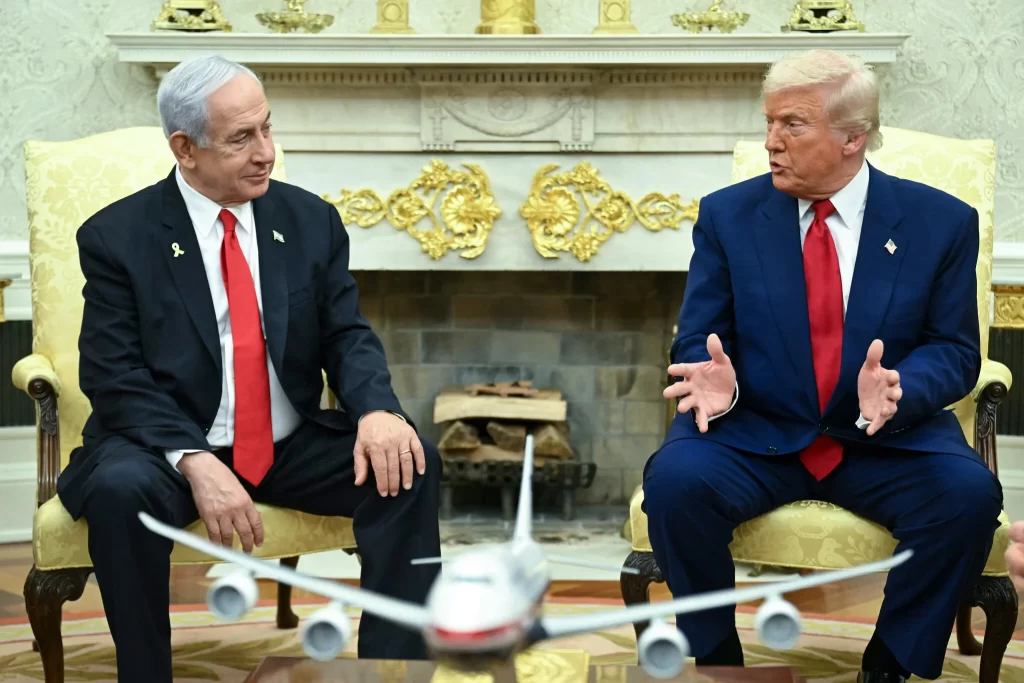
Washington, D.C. – April 8, 2025
In a surprising development that could reshape the Middle East’s diplomatic landscape, former U.S. President Donald Trump announced that direct talks between the United States and Iran are set to begin “within weeks.” The statement came during a high-profile meeting with Israeli Prime Minister Benjamin Netanyahu at the Trump International Hotel in Washington, D.C.
The announcement, made during a joint press appearance, immediately captured global attention. “We’re going to be talking directly with the Iranians,” Trump said. “No middlemen, no secret channels—just face-to-face conversations to find a path forward.”
Trump did not elaborate on the precise agenda of the talks but emphasized that the goal is to reduce tensions in the region and “secure a better deal” than the 2015 nuclear agreement, which he withdrew from during his presidency in 2018. “We want peace, but we also want strength. Iran knows that. And I think they’re ready to talk seriously,” he said.
The timing of the announcement raised eyebrows, particularly given Netanyahu’s well-known hardline stance on Iran. The Israeli leader stood beside Trump but offered a carefully measured response. “Israel remains committed to ensuring Iran never obtains nuclear weapons,” Netanyahu stated. “We support any process that brings lasting security, provided it does not compromise our national interests.”
Officials close to Trump’s team indicated that preliminary backchannel communications with Tehran have already taken place over the past several months, reportedly facilitated through neutral intermediaries in Europe and the Gulf.
International reaction was swift. European leaders welcomed the move, calling it a “step toward stability,” while Iran’s foreign ministry issued a brief statement saying they were “evaluating the opportunity for constructive dialogue.”
This marks the first time in years that the U.S. and Iran are poised to enter formal, direct negotiations, raising hopes that diplomatic efforts could de-escalate years of confrontation, proxy conflicts, and economic sanctions.
Whether these talks will produce tangible results remains to be seen, but the announcement itself signals a potential turning point in U.S.–Iran relations—and adds a dramatic twist to an already complex geopolitical moment.




